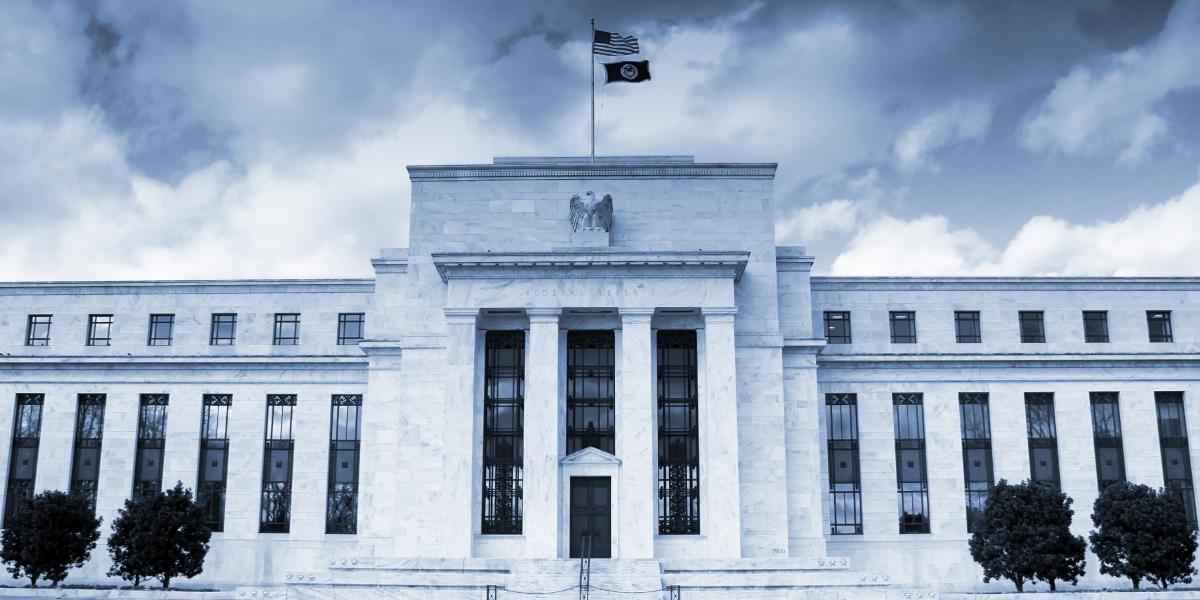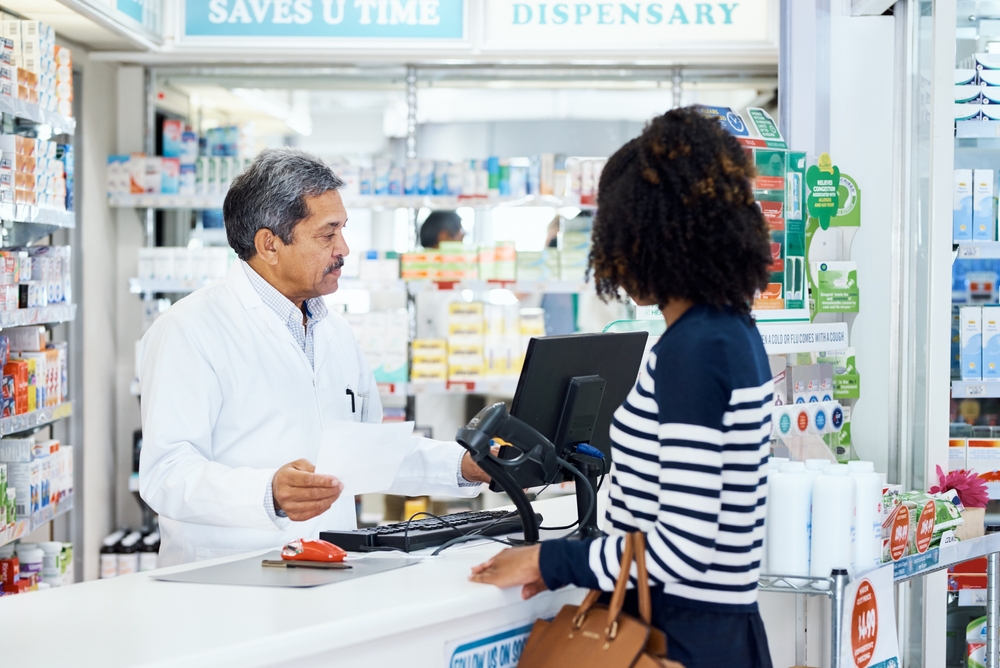PrimaLend Capital Partners filed Chapter 11 bankruptcy protection, beckoning the start of America’s personal loan crisis. The subprime auto lender catered to those “buy-here-pay-here” dealerships that cater to those with bad credit. The people cannot pay their loans and the subprime lenders are folding. Delinquencies are rising, repossessions are surging, and the auto-loan market is signaling stresses in the broader economy.
The same issue happened in September with Tricolor Holdings when it filed for Chapter 7 bankruptcy liquidation. Primalend Capital Partners’ assets and liabilities are estimated to be between $100 million and $500 million, as this was no small lender. The auto loan market in the US has seen balances double over the past 12 years. Subprime borrowers have faced the steepest repercussions, with 6.6% of borrowers currently 60 days past due on auto loans, or the highest rate of delinquency on record.
Auto lenders have $1.66 trillion in outstanding loans across the nation, 5% of which are at least 90 days late, up 12.6% YoY. Vehicle costs have soared in recent years, with the average price for a new vehicle coming in at $50,000. Twenty percent of new car owners are paying over $1,000 monthly for their autos.
New car loans have hit 9%, but used cars have hit nearly 14% and buyers seeking buy-here-pay-here loans are willing to take on an even higher fee. Expenses on car repairs alone have soared 33% since the beginning of the pandemic in 2020.
Vehicle repossessions are at their highest level since 2009 during the Great Recession. The trend naturally correlates to historic highs in consumer debt, which spreads into every facet of the economy. The big banks like Barclays and JPMorgan are also taking on hundreds of millions in losses related to these failures and credit stress is on the rise. Cars are essential for employment in the majority of the nation and subprime borrowers are willing to take on more debt, even when they do not have the funds, to access transportation. This is a massive red flag, especially given the rising rate of unemployment. Consumers have been stretched too thin and it will cause a ripple effect throughout the economy.























